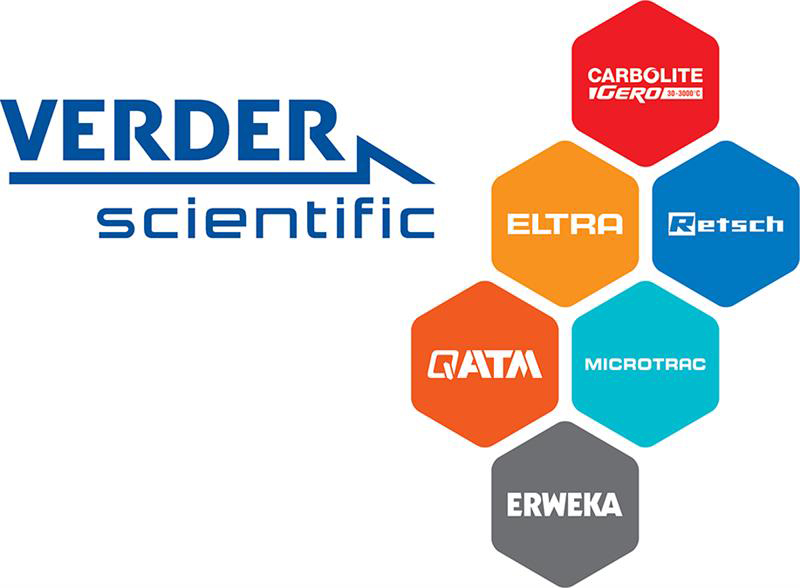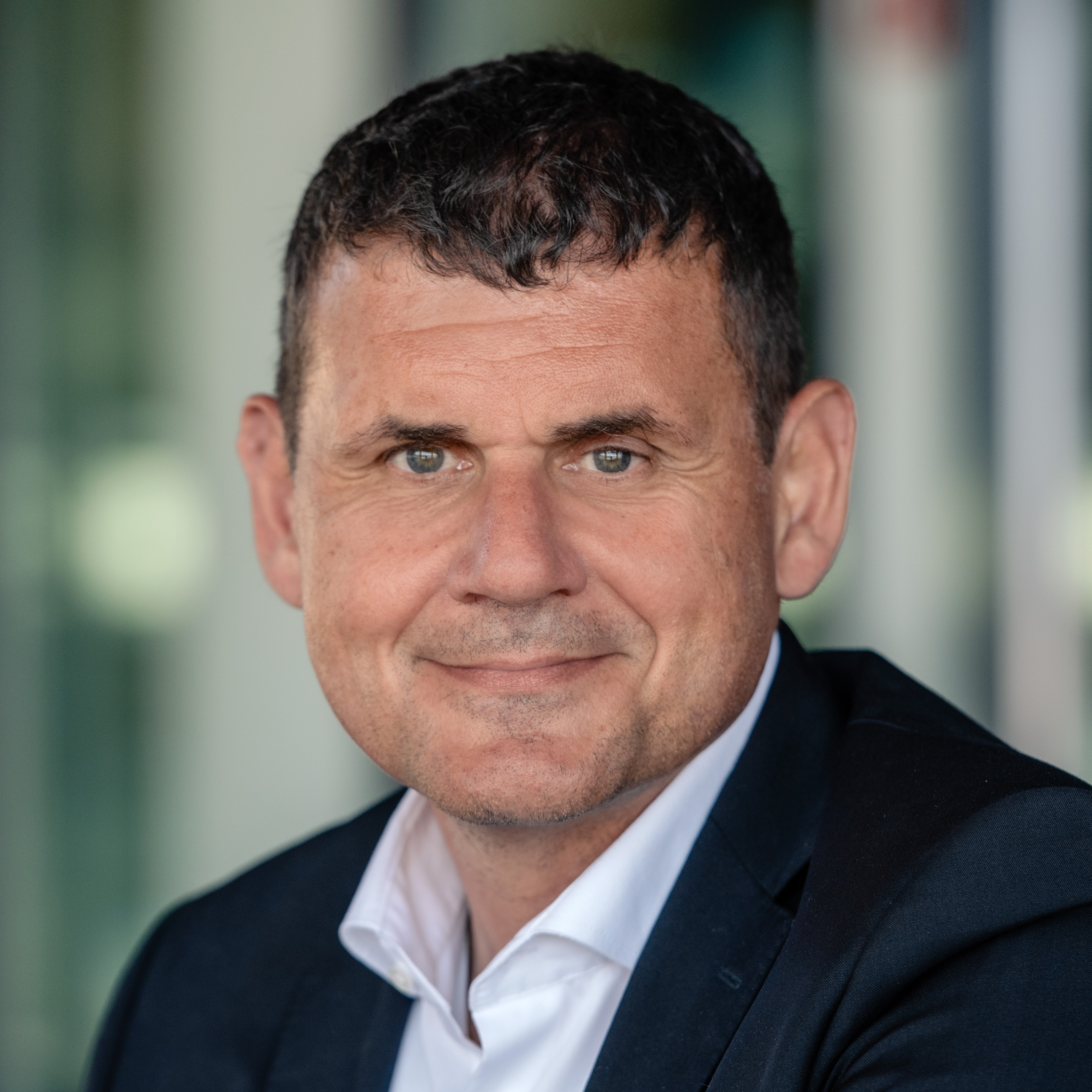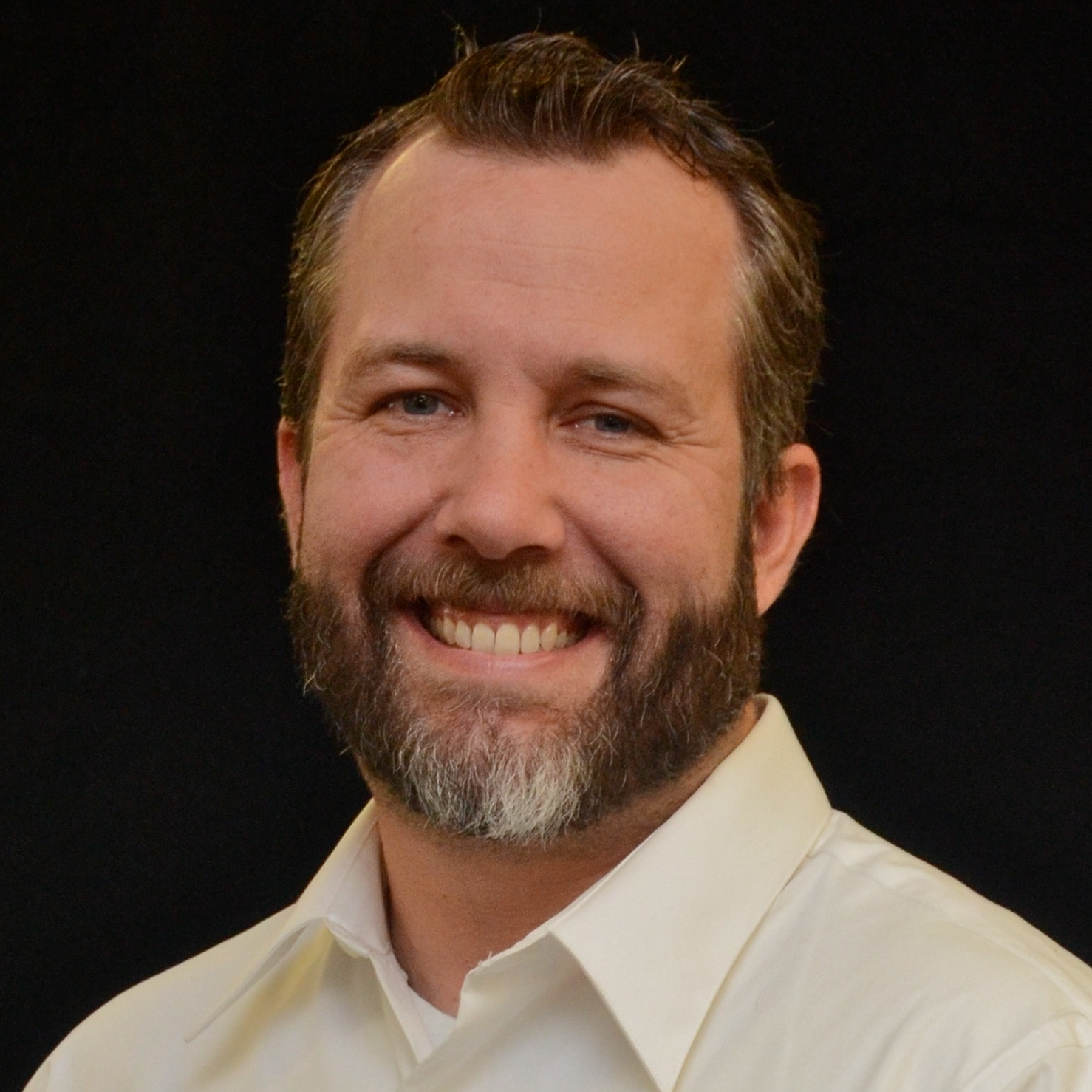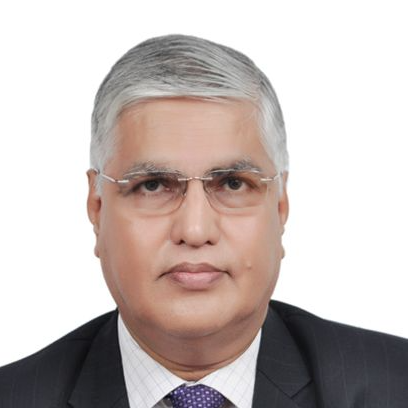Cambridge EnerTechによる
Battery Recycling
バッテリーのリサイクル
Advanced Recycling Methods for Sustainable Battery Materials Supply
持続可能なバッテリー材料供給に対する先端のリサイクル方法
2025年3月19-20日
バッテリーのアプリケーションがEV用、定置用、コンシューマーエレクトロニクス用の各市場で主流になるにつれ、製品ラインナップを拡大する動きと、リサイクル源からの持続可能なバッテリー材料へのニーズが飛躍的に高まります。この会議では、バッテリーメーカー、R&D、リサイクル業者、OEM、政策立案者など、バッテリーのリサイクルにおけるバリューチェーンの主要な国際機関が一堂に会し、リサイクル技術、市場概要、国際規制の実施に関する最新の進歩を紹介します。
3月19日(水)
6:50 amRegistration Open
1:00 pmNetworking Luncheon
2:15 pmDessert Break in the Exhibit Hall with Poster Viewing
MARKET DEMAND FOR RECYCLING
リサイクルに対する市場需要
ReCell Center: Advances in Battery Recycling Technologies
 Bryant Polzin, Process Engineer & Deputy Director, ReCell Center, Argonne National Laboratory
Bryant Polzin, Process Engineer & Deputy Director, ReCell Center, Argonne National Laboratory
The ReCell Center, funded by the Department of Energy-Vehicle Technologies Office, has continued to pursue the advancement of lithium-ion battery recycling technologies. This presentation will cover some of the exciting new technologies that have been developed in ReCell, and the deployment of the pilot-scale recycling facility at Argonne National Laboratory.
End-of-Life Management for Battery Energy Storage Systems
 Stephanie Shaw, PhD, Technical Executive, EPRI
Stephanie Shaw, PhD, Technical Executive, EPRI
This talk will share lessons learned from several case studies of utility-scale battery energy storage decommissioning and recycling. Examples of logistical requirements, cost estimation, and recycling markets will be described. A tutorial of decommissioning planning will also be provided, along with insights gained from decommissioning damaged, defective, and recalled (DDR) battery modules. Research needs for repurposing opportunities from the point of view of electric power companies will be shared.

Maximizing Battery Recycling Efficiency
Fractionizing through Sieving and Homogenization, alongside Carbon/Sulfur Determination & Thermogravimetric Analysis, are vital in battery recycling. Sieving ensures particle size uniformity for accurate material characterization. Determining carbon and sulfur content is essential for evaluating material purity and performance, impacting thermal and mechanical properties.
4:20 pmRefreshment Break in the Exhibit Hall with Poster Viewing

Advancing Sustainability: Battery Materials Technology for a Greener Future
 Tomasz Poznar, Vice President, Strategy, Ascend Elements
Tomasz Poznar, Vice President, Strategy, Ascend Elements
As Electric Vehicle (EV) OEMs and battery manufacturers strive to secure their battery supply chains and achieve IRA compliance to advance EV adoption, integrating recycled critical minerals offer a vital solution (compared to reliance on mining alone). Critical minerals used for new battery materials production from recycled sources are IRA-compliant and are infinitely recyclable, without compromising on performance. Based on current projections, future availability of these critical minerals is limited and production capacity for pCAM and CAM is expected to fall short of forecasted needs, intensifying supply-chain stress through 2030. This presentation will explore the recycling and circular economy in battery manufacturing, including life-cycle assessments of different battery materials, eco-friendly alternatives, and the evolving policy landscape in the U.S. and Europe.
Critical Battery Metals Market Outlook
 Kirstyn Petras, Senior Reporter, Pricing, Fastmarkets
Kirstyn Petras, Senior Reporter, Pricing, Fastmarkets
This presentation will cover battery supply chains and the role of black mass and battery recycling as countries' electrification efforts. For the US, this will include efforts pertaining to adherence to IRA guidelines, BIL investments, and other legislative efforts. The presentation will also examine the state of black mass markets and its current drivers across Asia, Europe, and the US.
How RecycLiCo Goes beyond Recycling to Bridge the Gap in Battery Materials
 Shaheem Ali, CFO, RecycLiCo Battery Materials
Shaheem Ali, CFO, RecycLiCo Battery Materials
This presentation aims to highlight the pivotal role that RecycLiCo Battery Materials Inc. plays in driving sustainable advancements in energy storage. Our journey not only embodies the spirit of innovation but also underscores our commitment to shaping a greener and more sustainable future.
Financing Fleet Electrification: Battery-Electric Truck Component Resale Highlights Residual Value Upside
 Kabir Nadkarni, EV Industry Assessment Specialist, CALSTART
Kabir Nadkarni, EV Industry Assessment Specialist, CALSTART
EV battery remanufacturing for second-life applications can provide a significant upside to EV leasing and financing. Residual value risk is a critical barrier facing battery-electric vehicle financing. A historic lack of BET-resale price data has resulted in lenders making the conservative assumption that a BET’s residual value (RV) will fall to nearly zero early in its financing term, making financing unaffordable. Instead of used vehicle resale prices, CALSTART assessed BET residual values by valuating used EV batteries. When applied to a typical Class 8 battery electric truck, CALSTART's model shows a strong RV outlook competitive with the RV outlook that lenders make when financing diesel trucks. This RV benchmark is a great starting point for structuring incentives for second-life EV battery deployment, which not only improve BET financing but also accelerate the circular economy for EV batteries and other components.
6:30 pmClose of Day
3月20(木)
8:00 amRegistration and Morning Coffee
RECYCLING METHODS
リサイクル方法
 Building a Domestic Supply Chain to Scale
Building a Domestic Supply Chain to ScaleSpeaker to be Announced, Cirba Solutions
The demand for critical materials that are essential to battery manufacturing are experiencing a robust growth. Cirba Solutions will dive into the market outlook for batteries and EVs, the journey of critical materials, delivering products and services to a growth sector, and building the new source of critical materials for domestic independence. Increasing the supply of critical materials sourced in North America is crucial to national security, the pursuit to reduce carbon emissions, goals around building a closed-loop supply chain, and enhancing the circular economy.
Characterization of Process Water from Lithium-ion Battery Recycling
 Sascha Nowak, PhD, Head of Analytics & Environmental, Electrochemical Energy Technology, University of Münster
Sascha Nowak, PhD, Head of Analytics & Environmental, Electrochemical Energy Technology, University of Münster
Water-using recycling processes-such as wet crushing and electrohydraulic fragmentation-generate large amounts of contaminated process water, resulting in increased costs for the disposal of hazardous waste and safety guidelines. To improve wastewater management, safety, and sustainability of water-assisted recycling processes, comprehensive knowledge of the battery components in the water are required. Analytical techniques can play an important role during these processes, including wet shredding processes, wastewater management, and analytical techniques.
9:00 amBattery Booth Crawl with Bagels in the Exhibit Hall with Last Chance for Poster Viewing

On-Line Elemental composition of Black Mass and Mixed Metals for Li-ion Battery Recycling. Getting real-time data when and where you need it most.
Monitoring black mass materials, from OEM scrap to end-of-life batteries, is crucial for optimizing Li-ion battery recycling operations. The elemental composition of these materials can vary significantly based on formulation (NMCs, LFPs), source (closed-source versus open-source), size, type, and region.
An effective solution to address this variability is the use of an on-belt PTNFA analyzer, which can identify the elemental composition of materials in real-time.
In this talk, we will explore the PTFNA system and discuss how it reports data to enhance operational efficiency.
10:00 amAttendee Transition to Booth Crawl in Exhibit Hall
Battery Services for Economic and Environmental Sustainability
 Steve Sloop, PhD, President, OnTo Technology LLC
Steve Sloop, PhD, President, OnTo Technology LLC
Steve Sloop is the CEO and founder of OnTo Technology. Since 2004, the company has pioneered comprehensive methods to improve safety and efficiency in recycling lithium-ion batteries and materials. These innovations include neutralizing batteries to eliminate hazards in transportation and storage; electrolyte extraction; electrode harvesting and separation; cathode healing direct recycling; and whole battery rejuvenation. Dr. Sloop will discuss how these services enable the economic and environmental sustainability for batteries.
Blockchain Solution for Improving Li-ion Batteries Recycling and Material Recovery
 Ahmad Mayyas, PhD, Professor, Industrial & Systems Engineering, Khalifa University
Ahmad Mayyas, PhD, Professor, Industrial & Systems Engineering, Khalifa University
This study proposes a blockchain-based solution to optimize the recycling process of lithium-ion batteries, addressing critical challenges in battery lifecycle management as demand surges due to their role in electric vehicles and renewable energy systems. Leveraging blockchain technology and non-fungible tokens (NFTs), the solution enhances traceability, transparency, and efficiency in the battery supply chain.
 Recycling of battery grade graphite
Recycling of battery grade graphite
 Stefan Bergold, Chief Commercial Officer, Vianode
Stefan Bergold, Chief Commercial Officer, Vianode
Electric vehicles reduce CO2 emissions while driving to zero. For the overall CO2 balance, also the manufacturing process must be considered. Especially the anode of the battery can result in high CO2 emissions during manufacturing. This presentation discusses how Vianode is manufacturing high volume competitive anode materials with state of the art performance in North America and Europe. The Vianode proprietary production process offers a substantial improvement in product consistency, energy efficiency, CO2 and other emissions. Vianode’s first large scale plant in Norway opened in 2024 and a full scale production plant in North America is under construction and will have SOP in 2027.
12:15 pmEnjoy Lunch on Your Own
RECYCLING METHODS
リサイクル方法
Selection of Process Drying Technology for Maximum Black Mass and Electrolyte Recovery
 Barry A. Perlmutter, President, Perlmutter & Idea Development (P&ID) LLC
Barry A. Perlmutter, President, Perlmutter & Idea Development (P&ID) LLC
The drying process is fundamental in chemical process engineering for solids handling. The term “drying” usually refers to the thermal removal of a liquid from a solid product. After mechanical shredding of the lithium-ion battery, process vacuum drying is critical for maximum black mass and other solids recovery and for electrolyte recovery. Dryer technologies are discussed including surrounding ancillary equipment, installation, safety, reliability, and troubleshooting.
Li Onsite De-Energizing BESS Failed or End-of-Life Batteries
 Kevin Howlette, Director of Projects, IFE Fire Command and Control, Safety, EHS International
Kevin Howlette, Director of Projects, IFE Fire Command and Control, Safety, EHS International
Onsite battery decommissioning and de-energizing Battery Energy Storage Systems (BESS) are critical steps in ensuring safety during the removal or maintenance of energy systems. We have developed a global process involves safely discharging and isolating the battery from the power grid, mitigating risks of electrical shock, fire, or chemical hazards. Proper decommissioning includes following strict protocols, utilizing specialized tools, and often engaging experts to manage the safe disposal or recycling of the battery components.
The Emerging Landscape of Battery Collections
 Eric Frederickson, Managing Director of Operations, Call2Recycle
Eric Frederickson, Managing Director of Operations, Call2Recycle
Join Eric Frederickson, the Vice President of Operations for Call2Recycle, North America's oldest and largest battery stewardship program, as we explore the rapidly changing landscape of battery collection in the United States. Eric will review battery collections in the United States, how and why the models are changing, and what impacts that will have on producers, recyclers, and users of batteries and battery powered devices.
Introduction to a Novel Pyromet Process for Recycling Spent Lithium-ion Batteries
 Jong-Hoon Kang, PhD, Senior Researcher, LiB Recycling Research Center, POSCO Holdings, South Korea
Jong-Hoon Kang, PhD, Senior Researcher, LiB Recycling Research Center, POSCO Holdings, South Korea
Recycling of spent LiB is a critical task for environmental protection and resource conservation. Recently, several novel processes have been developed for more effective and sustainable recycling of waste batteries. We would like to introduce a new concept of an eco-friendly and efficient recycling.
3:15 pmTransition to Closing Plenary Panel
CLOSING PLENARY PANEL DISCUSSION
プレナリーパネルディスカッションの閉会
The Global Battery Industry Landscape: Opportunities & Illusions
Christina Lampe-Onnerud, PhD, Founder and CEO, Cadenza Innovation
As the global battery industry experiences supercharged growth amidst shifting political dynamics, it faces both immense opportunities and significant challenges. This international panel of experts, spanning critical sectors such as investment, supply chain, cell design, manufacturing and deployment, will share their insights on the industry's future. They will discuss growth prospects, key challenges, and achievable milestones in the near and long term.
4:30 pmClose of Conference
* 不測の事態により、事前の予告なしにプログラムが変更される場合があります。
アジェンダ・講演者・スポンサー更新





 Talk Title to be Announced
Talk Title to be Announced












 Next-Generation Battery Research
Next-Generation Battery Research High-Performance Battery Manufacturing
High-Performance Battery Manufacturing Advances in Automotive Battery Applications
Advances in Automotive Battery Applications Battery Safety
Battery Safety
